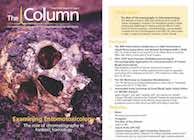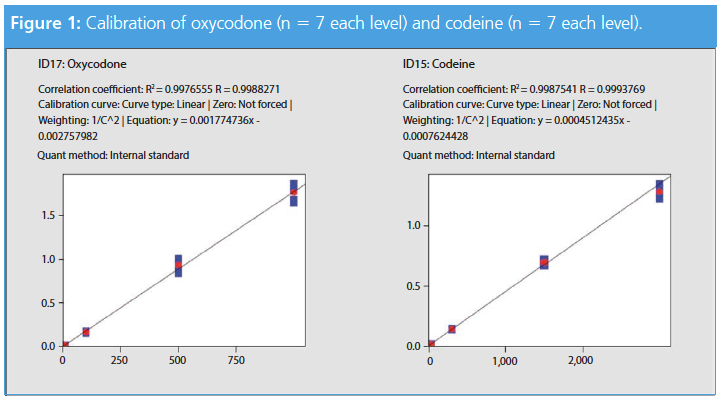House of Lords Calls on UK Government to Secure Science Funding
The House of Lords EU Home Affairs Sub‑Committee has highlighted the risk of losing access to key sources of Horizon 2020 funding in a “no-deal” scenario and called on the Government to confirm that the UK will seek full association to the next phase of the programme, “Horizon Europe”.
Photo Credit: Bill Perry/stock.adobe.com

The House of Lords EU Home Affairs SubâCommittee has highlighted the risk of losing access to key sources of Horizon 2020 funding in a “no-deal” scenario and called on the Government to confirm that the UK will seek full association to the next phase of the programme, “Horizon Europe”.
As an important partner in the Horizon 2020 programme, the UK receives substantial amounts of funding from the programme as well as access to professional networks and opportunities to connect and collaborate with European research partners built over decades of cooperation.
Despite UK government commitments to underwrite funding from the Horizon programme until the end of 2020, this would not cover key sources of Horizon 2020 funding including the European Research Council (ERC) grants and Marie SkÅodowska-Curie Actions (MSCA). These account for 44% of the UK funding from Horizon 2020 and would not be available to nonassociated third country participation, effectively ruling the UK out in the event of a no-deal Brexit.
“The lack of clarity over the future availability of EU funds for mobility and research is causing great concern among researchers in the UK. We need to know how, in a ‘no deal’ scenario, the Horizon 2020 underwrite guarantee would work in practice, and how the Government would replace major funding schemes not covered by this guarantee: the European Research Council grants and Marie SkÅodowskaâCurie Actions,” said Lord Jay of Ewelme, Chairman of the House of Lords EU Home Affairs SubâCommittee. “Participation in EU research programmes provides clear benefits in addition to grant funding. It offers access to large-scale research facilities, joint infrastructure and equipment, and access to the most talented researchers across Europe. The programme also supports unique opportunities for international research collaboration, which could not be replicated at the national level. Full association to the forthcoming Horizon Europe programme is by far the best outcome for UK science.”
The Committee has called on the Government to seek full association to the 2021–2027 Horizon Europe programme to maintain full access to EU funding streams, and opportunities for international collaboration that raise the standard of research and support scientists across the UK.
For more information or to read the full committee report please visit: https://publications.parliament.uk/pa/ld201719/ldselect/ldeucom/283/28302.htm

Regulatory Deadlines and Supply Chain Challenges Take Center Stage in Nitrosamine Discussion
April 10th 2025During an LCGC International peer exchange, Aloka Srinivasan, Mayank Bhanti, and Amber Burch discussed the regulatory deadlines and supply chain challenges that come with nitrosamine analysis.















